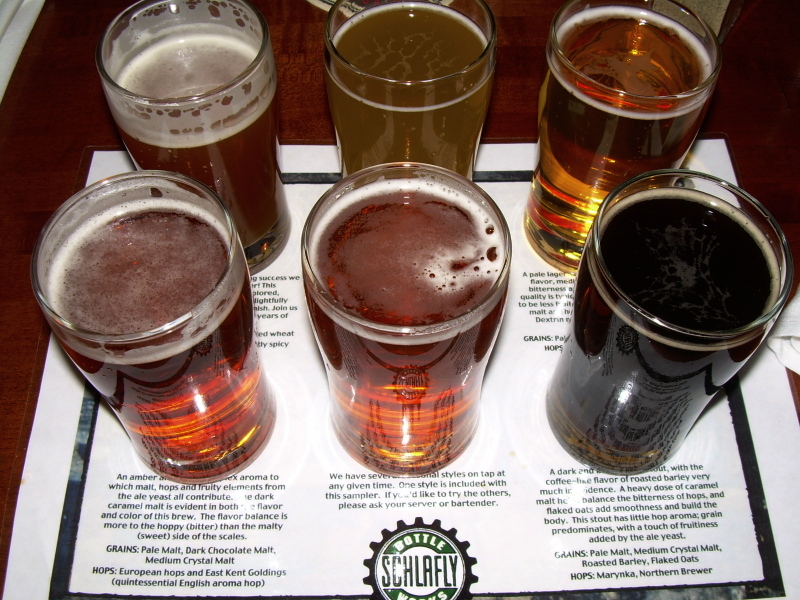It's never been a stretch for us to recognize the health benefits of wine. With the ability to counter atherosclerosis and improve cognitive function, who can turn a glass down? But maybe it’s time for vino to share the spotlight: the benefits of beer are quickly gaining public attention. A recent article from the American Dietetic Association found that moderate consumption of beer increases your good cholesterol (HDL), decreases the bad (LDL), and reduces the risk of blood clots (Giancoli, 2011).
And if a tasty $5 craft brew (think pumpkin, herbs, spices, cocoa, grapes) can give the same return as a $12 glass of wine…I don’t hate it.
Beer is made of plant sources like barley and hops, so it contains more nutrition than even red wine, specifically Vitamin B12, calcium, and iron. It’s about 30% carbohydrate, 4.5% alcohol and 4% protein. It’s kind of like a sandwich.
Although there are more polyphenols with anti-oxidant power in red wine, it doesn’t mean these molecular guys are doing their job in the body. One study showed that the body was able to use more of the antioxidants from beer than it did not just from wine, but from a tomato. Whoa. (Tomatoes house a phytochemical called lycopene which is similar to resveratrol which is found in wine.)
Not saying to choose beer before veggies, but wanted to make the point that you are absorbing more than just alcohol as you sip.
Whether ale, stout, pilsener, lager, or bock, let yourself mindfully sip (or slam) this ancient beverage: 12 ounces of beer per day for women and 24 ounces for men. And right in time for St. Pat’s. Cheers!
(Check out St. Louis's Schlafly for some local craftiness.)

